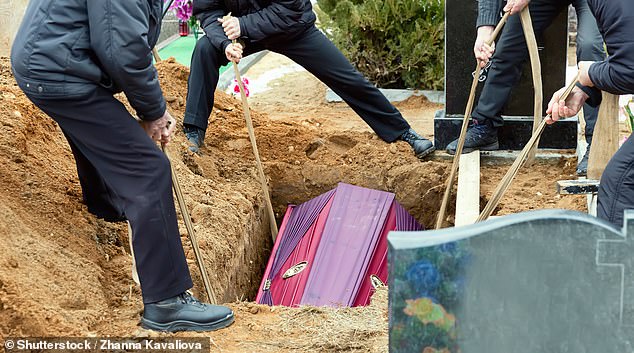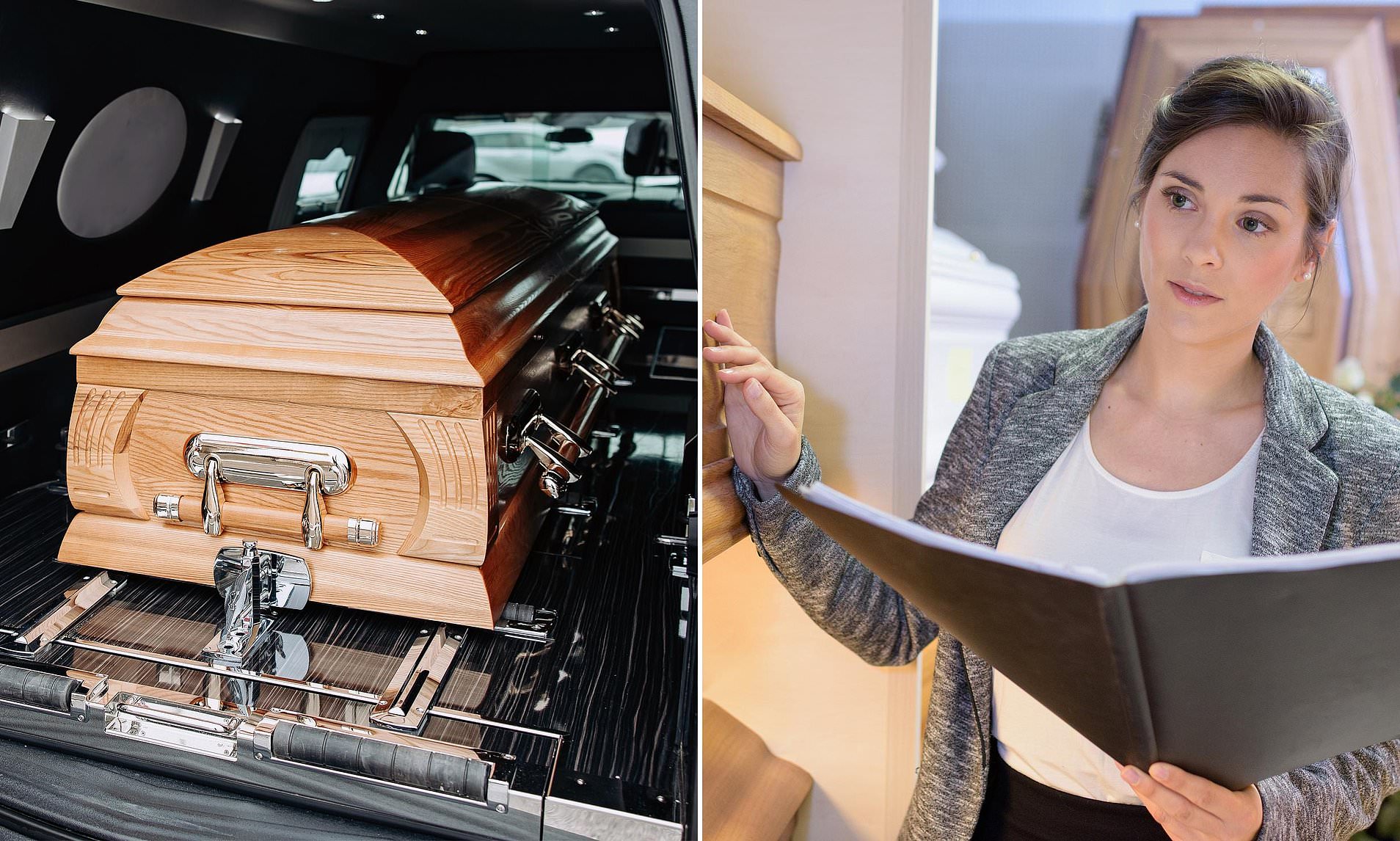-
EXPLORE FURTHER: I was submerged for 30 minutes — what I experienced while seemingly dead continues to haunt me.
Certainly, this isn’t a task for those with weak nerves.
It is estimated that there are over 23,000 funeral directors in the United States who must handle death on a regular basis.
To those on the outside, this profession seems filled with intrigue, as movies and television series provide the occasional peek into its inner workings.
Tolong support kita ya,
Cukup klik ini aja: https://indonesiacrowd.com/support-bonus/
However, when expressing themselves anonymously, a
handful of funeral workers
have come forward to reveal
The eerie, melancholic, and unsettling truths about their operations that remain unknown to others.
Although the sector is largely male-dominated, a 25-year-old female asserts that she defies this norm by
running a funeral home
Alongside her sister, they took over the family business from their grandparents.
One of the most bizarre occurrences she encountered involved the deaths of her mother, father, and great-grandmother, who passed away within days of each other towards the end of the COVID-19 pandemic.
Based on her profession, she mentions that the most significant lesson she has acquired is that ‘death isn’t really terrible.’
In an “Ask Me Anything” post on Reddit, she states: “While [death] might seem sucked, it can actually be incredibly beautiful.”

When asked about her process for handling bodies that have experienced trauma, she shared that she once dealt with a case involving a man who was “nearly severed in two.”
To make him appear more suitable for an open casket, she filled his chest cavity and fastened his body parts back together with staples.
A different mortician speaking out anonymously on Reddit shares that they recall stitching the hands of a man who passed away due to an accident back onto his body to improve his appearance for viewing.
At the same time, another mortician recalled attempting to fit an anklet onto the limb of a deceased individual, but then discovering they were a bone donor, causing the leg joint to inexplicably bend backward.
They also mention that clothing serves to conceal injuries during viewings with an open coffin, complemented by the use of makeup.
A lot of funeral directors mention that they perform embalming to assist in preserving the remains.
The procedure, lasting between 2 to 4 hours, entails removing the blood from the body and substituting it with a chemical solution composed of substances like formaldehyde, methanol, and ethanol.
In a different discussion, a man with 25 years of experience as a mortician shares additional grim industry insights.
He mentions that to maintain the appearance with people’s eyes shut during an open casket viewing, tiny plastic inserts are placed beneath the eyelids to keep them closed.

Regarding mouths, the lips are typically stitched closed.
Regarding the odor of deceased bodies, an experienced mortician mentions that he still hasn’t completely adapted to it, though it affects him less over time.
He mentions that the smell continues to cling to clothes, and he ensures he takes a shower immediately upon arriving home to avoid inflicting “too much torture” on his partner.
One of the undertakers characterizes the odor of deceased bodies as resembling ‘unfresh meat’ and ‘somewhat metallic,’ whereas another remarks that it is ‘nearly sweet yet not entirely, with a sort of gas-like quality.’
Regarding unforgettable events during his time as an undertaker, one participant describes a peculiar incident of a natural death that he observed.
He shares: “I recall attending a job where an older lady had died in her en suite closet.”
In the center of the closet stood a chair, where she took a seat to rest as she changed her clothes. However, she remained seated forever, unable to rise again.
I recall it being a chilly month, and although she hadn’t decayed, ants were crawling over her face, inside her nostrils, and around her lips.
And another tale designed to send shivers down your spine revolves around an ordinary occurrence that takes place following death.
One undertaker writes, in response to being asked what makes his stomach turn: ‘The thing that really grosses me out the most, honestly, is cleaning boogers out of peoples’ noses.
Often, patients lie in bed for weeks, either unconscious or barely able to move, and I suppose picking their noses might be overlooked when they are near death. Therefore, that’s really the only thing that still makes me queasy.
Read more






